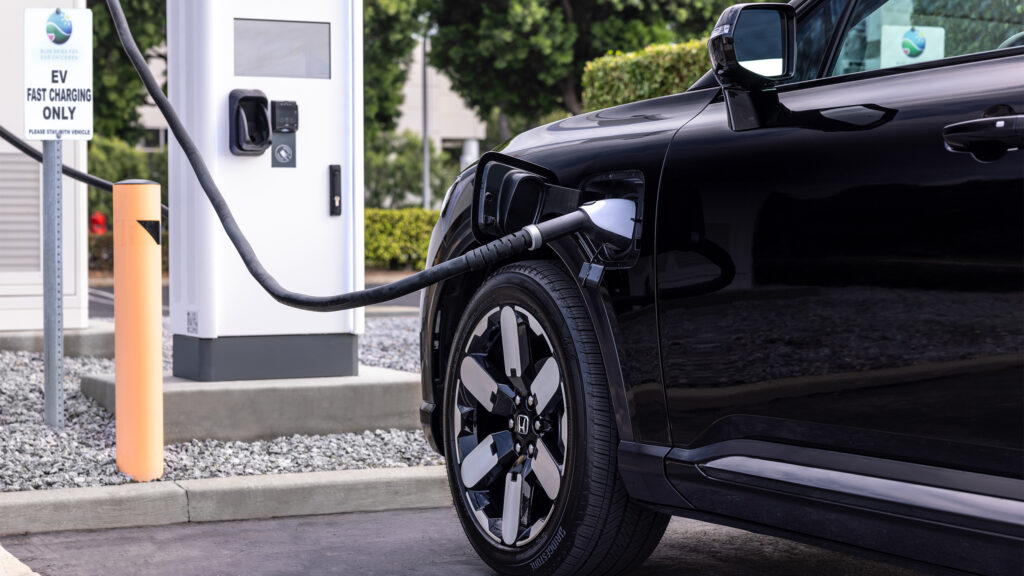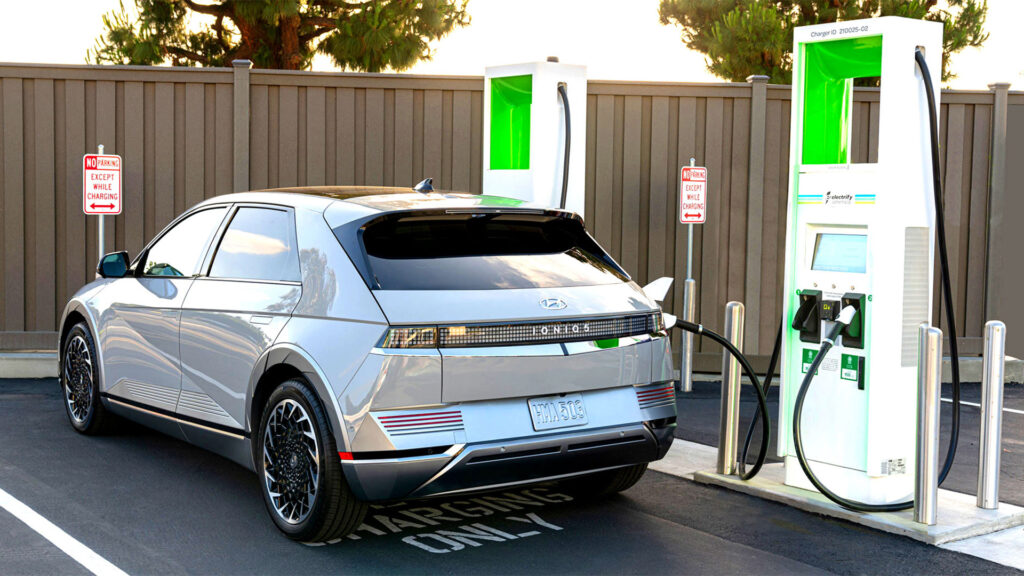New Jersey says it will use the extra money to boost the state’s transportation trust fund and improve their transportation infrastructure
March 29, 2024 at 11:04
 –>
–> 
–>
- The state raised the target for its transportation trust to $2.37 billion
- The EV registration fee could raise $61.3 million in the first fiscal year
- The state’s annual fuel levies are estimated to increase by 2 cents
If you live in New Jersey and drive a gas, diesel, or electric vehicle, you will soon have to pay more as the government looks to raise funds for new infrastructure projects.
On Tuesday, New Jersey Governor Phil Murphy signed a reauthorization of the state’s transportation trust fund. As it stands, the state’s taxes on gas and diesel-powered cars adjust automatically, depending on whether it reaches a $2 billion revenue target. A bill signed by Murphy will raise this target to $2.37 billion by July 2028 and is expected to add approximately 2 cents to the state’s annual fuel levies.
While owners of electric vehicles won’t need to pay this levy, the new legislation will create an annual registration fee for EVs of $250 on July 1, rising by $10 each year until it caps out at $290 in July 2028. This fee will funnel funds into the transportation trust fund and help to pay for road, rail, and bridge works.

“America depends on the strength of New Jersey’s transportation system,” Murphy said when signing the bill this week. “If our infrastructure falls behind, our entire economy falls behind, and worst of all, our families would pay the highest price in the forms of costly delays and missed opportunities.”
Read: New Jersey To Ban The Sale Of New Gas And Diesel Models By 2035
Not everyone is thrilled with the changes. Some environmental advocates believe the registration fee on EVs, as well as a plan to phase out sales tax exceptions on these cars, could make them less affordable, impacting the state’s planned move to ban the sale of new gas and diesel cars by 2035.
The New Jersey Monitor says the fee will raise approximately $61.3 million in the first fiscal year beginning July 1 and rising to as much as $207.4 million by fiscal year 2029.
Advocates for gas stations and fuel wholesalers have warned the increase could be larger than planned as the public’s fuel consumption is expected to fall over time.

 –>
–> 

